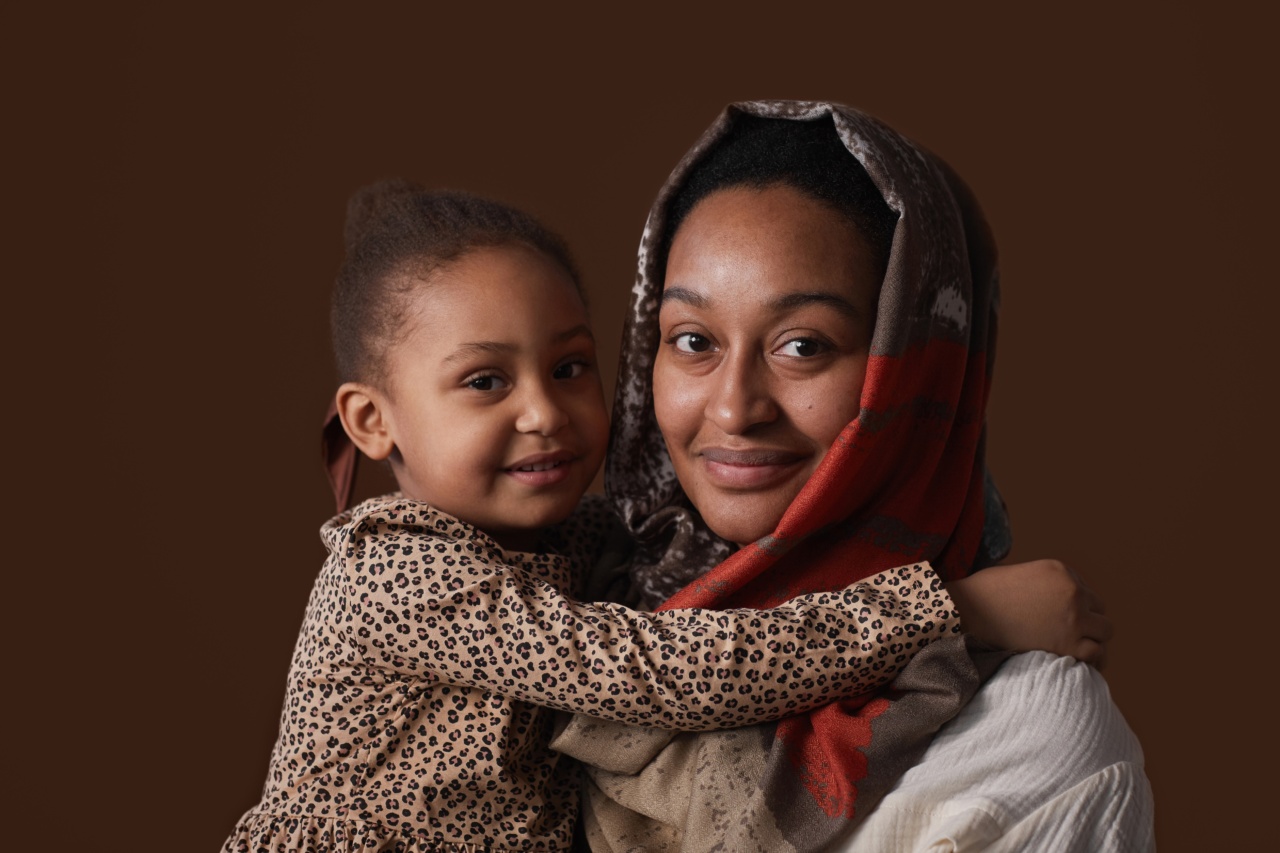Parental instinct is a biological and psychological phenomenon that refers to the natural and innate behavior exhibited by parents towards their offspring. It is commonly observed across various species, including humans.
This instinct plays a crucial role in ensuring the survival, protection, and development of offspring. In this article, we will delve deeper into the parental instinct phenomenon, exploring its origins, significance, and various aspects.
The Origins of Parental Instinct
The origins of parental instinct can be traced back to evolutionary biology.
Through the process of natural selection, organisms that possessed a strong parental instinct were more likely to protect and care for their offspring, increasing their chances of survival and passing on their genes to the next generation. Over time, this instinct became ingrained in the genetic makeup of various species, leading to the manifestation of parental behaviors.
The Significance of Parental Instinct
Parental instinct plays a fundamental role in ensuring the survival and well-being of offspring. It drives parents to fulfill their responsibilities and provide for their children’s needs, such as food, shelter, and emotional support.
This instinct also enables parents to form strong emotional bonds with their children, fostering a sense of security, trust, and love.
Furthermore, parental instinct impacts the social and emotional development of children. It helps in shaping their behavior, cognitive abilities, and overall psychological well-being.
Children who receive consistent and nurturing care from their parents are more likely to develop healthy attachments, self-esteem, and positive relationships later in life.
The Role of Hormones
Hormones play a significant role in the activation and regulation of parental instinct. In mammals, for example, the hormone oxytocin is known to promote parental bonding and caregiving behaviors.
This hormone is released during childbirth and breastfeeding, facilitating the emotional bond between parents and their newborns. It also influences nurturing behaviors, such as grooming, feeding, and protection.
Research has shown that both males and females can experience hormonal changes that enhance their parental instincts. In some species, even males exhibit caregiving behaviors typically associated with females.
This challenges traditional gender roles and emphasizes the importance of hormonal influences in shaping parental instincts.
Parental Instinct in Humans
Parental instinct is not exclusive to animals; it is also observed in humans. From the moment a child is born, parents are driven by a deep sense of responsibility and love towards their offspring.
They instinctively prioritize their child’s well-being and strive to ensure their safety, health, and happiness.
The bond between parents and children is unique and profound. It extends beyond biological ties and encompasses emotional connections, trust, and mutual support.
Parents often make sacrifices and put their child’s needs above their own, illustrating the strength and power of parental instinct.
In addition to the nurturing aspects of parental instinct, it also includes the instinct to protect. Parents naturally become fiercely protective of their children, willing to go to great lengths to shield them from harm.
This protective instinct is evolutionary in nature, as it ensures the survival and well-being of the offspring.
The Influence of Culture and Society
While parental instinct has a biological basis, its expression can also be influenced by cultural and societal factors. Different cultures have varying beliefs, expectations, and norms regarding parenting.
These factors can shape the way parental instinct is manifested and experienced.
Social support networks, such as extended family, friends, and communities, also play a role in influencing parental instincts.
The availability of resources, access to healthcare, and societal attitudes towards parenting can impact how parents engage with their instincts and fulfill their roles.
Challenges and Evolution of Parental Instinct
Parenting is not without its challenges. The demands of modern life, societal pressures, and individual circumstances can sometimes interfere with the smooth expression of parental instinct.
Balancing work, family, and personal responsibilities can create stress and strain on parents, impacting their ability to nurture and care for their children.
Parental instincts have also evolved over time. With the advancements in technology and changes in societal structures, parenting styles and approaches have diversified.
While the core instincts remain the same, parents now have access to a wealth of information and resources to support their parenting journey.
The Importance of Nurturing Parental Instinct
Nurturing parental instinct is crucial for the well-being and development of both children and parents.
Creating a supportive and nurturing environment allows parents to confidently follow their instincts and build strong relationships with their children. It also helps children feel secure, loved, and valued.
Recognizing and honoring parental instinct can have positive long-term effects on individuals, families, and society as a whole.
Strong parent-child relationships contribute to healthier communities and promote the growth and success of future generations.
Conclusion
The parental instinct phenomenon is a fascinating topic that highlights the intricate bond between parents and their children. It demonstrates the power of biology, psychology, and social influences in shaping caregiving behaviors.
Understanding and valuing parental instinct is essential for fostering healthy parent-child relationships and supporting the well-being of families.






























